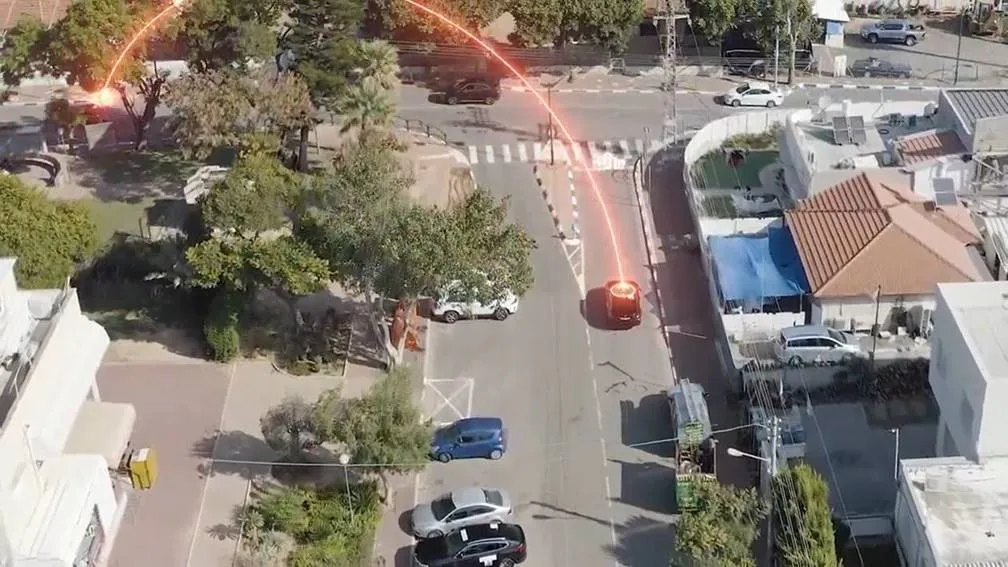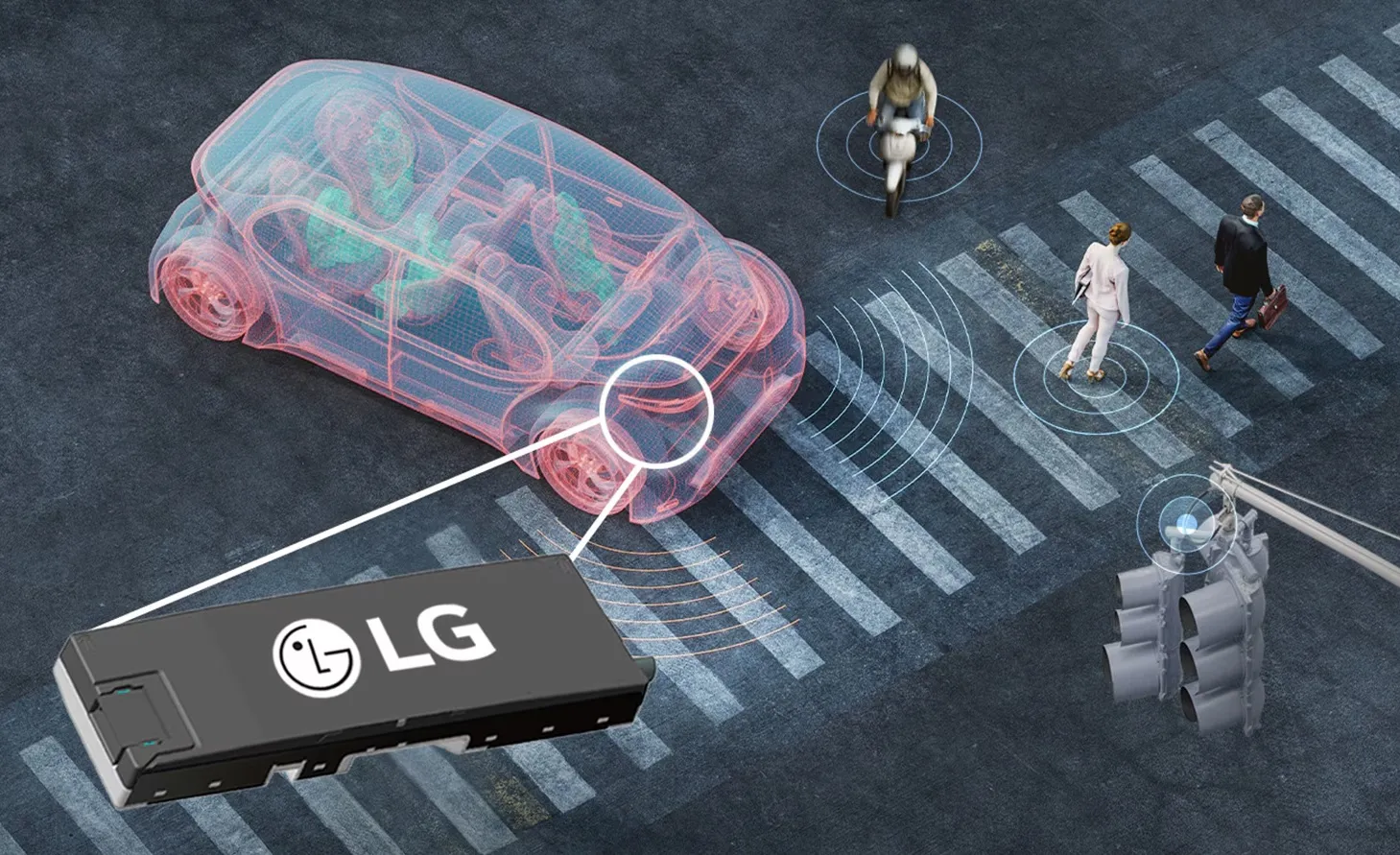A consortium coordinated by
The project calls for the ‘EasyBat’ Consortium to develop ‘off-the-shelf’ automotive grade components and interfaces that enable the auto industry to easily integrate battery switching technology into their electric car platforms. The first large scale application of battery switching technology will be shown by Better Place and Renault with the commercial launch of the Renault Fluence ZE by year end.
The EasyBat solution will consist of interfaces for switching a battery in and out of an electric car quickly and safely; the connector interfaces between the car, the battery, the communications network, and the battery cooling system; and design specifications that meet European industry and safety standards. The solution will be integrated and tested on fully electric vehicles to ensure it meets production-grade manufacturing criteria and European safety standards.
Upon conclusion, EasyBat will have a next generation, commercially available solution for battery switch integration components and design plans that allow for different types of batteries, not just a single standardised battery. Car manufacturers that want to focus on proprietary battery technology can do so and still be able to integrate their technology into a switchable battery electric car platform as envisioned by EasyBat.
Part of the Seventh EU Framework Program (FP7), EasyBat is a 30-month project, which is expected to run until June 2013. The European Commission will contribute €2.2 million to fund the project.









